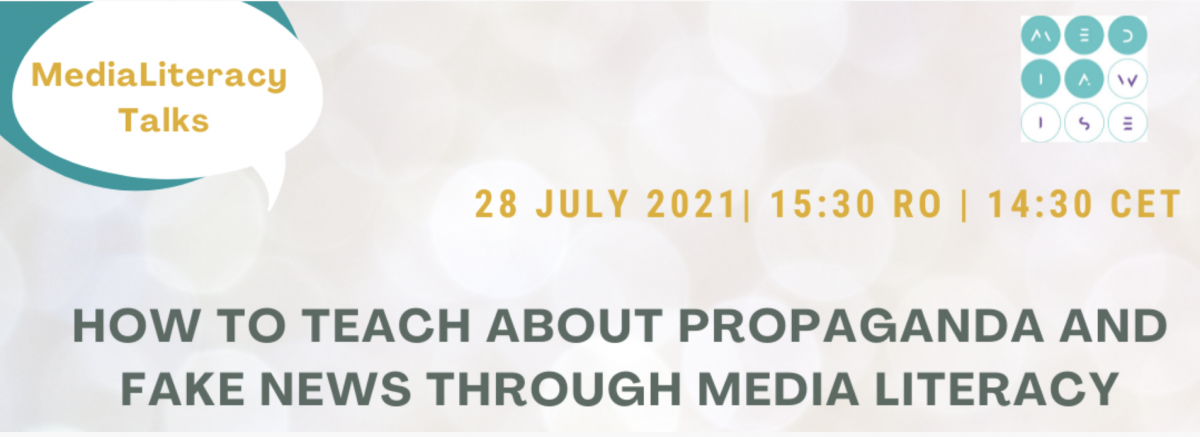
When you encounter a media message that activates strong emotions, simplifies information, appeals to your hopes, fears and dreams, or attacks opponents, it just might be propaganda. If the content seems believable but is actually false, it might be fake news or disinformation. What kinds of dispositions, knowledge, and skills help people navigate in a world where sponsored content, clickbait, political ads, memes, and other messages are in widespread circulation, remixed and retransmitted by our friends, neighbours, and family? How can educators and librarians model the kind of critical thinking needed to manage these diverse new media forms that we see in everyday life? What instructional strategies can be used with learners of all ages? How can digital creation activities help in understanding persuasive genres?
Join Nicoleta Fotiade (Mediawise Society) for a 1-on-1 lively media literacy talk with Renee Hobbs, professor at Rhode Island University, author of the award-winning book, Mind Over Media: Propaganda Education for a Digital Age and Honorary Board member at Mediawise Society.
DATE: July 28
TIME: 8:30 AM ET | 14:30 CET | 15:30 EET (1h15min including Q&A)
LOCATION. Online. Click here to register.
SIGN UP now to the webinar “How to Teach about Propaganda and Fake News through Media Literacy”. This is the first edition of Media Literacy Talks, a series of online meetings led by Nicoleta Fotiade in conversation with international educators and media professionals. The webinar is hosted by Mediawise Society in collaboration with Media Education Lab, with the support of IAME – International Association for Media Education.